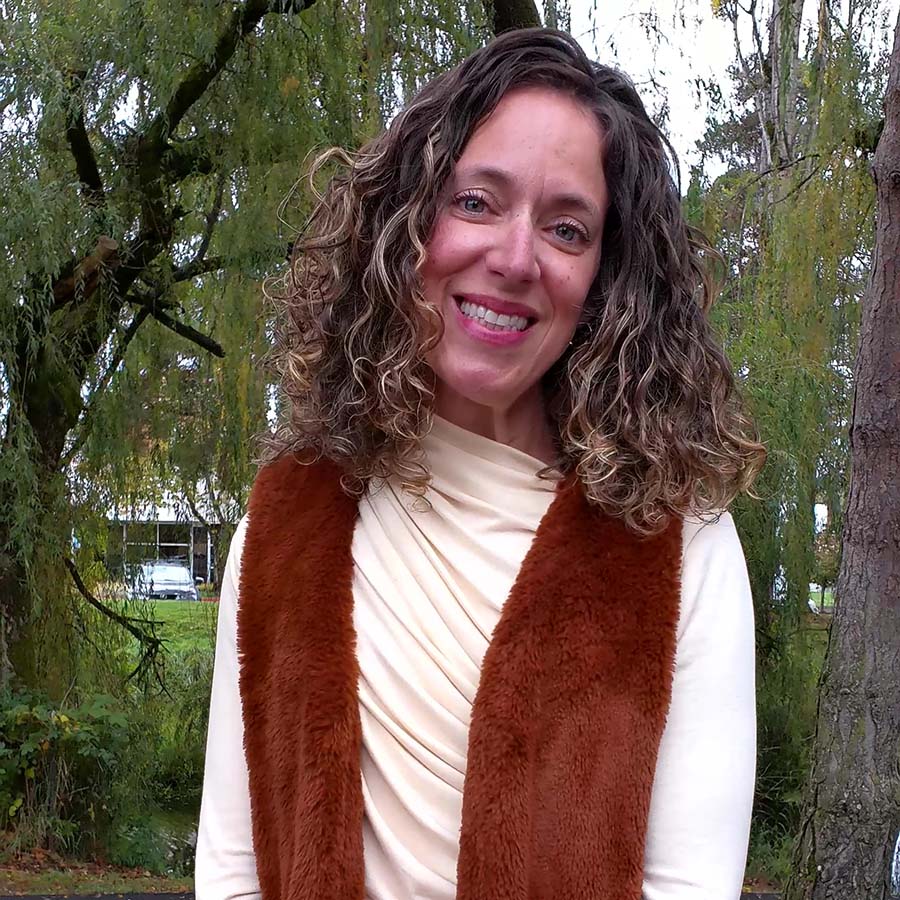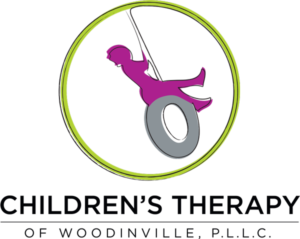
Rosanne Carter, LMFT
Infant & Early Childhood Mental Health Therapist
Kavana Consulting
www.kavana-consulting.com
Rosanne Carter, LMFT
I believe that supporting children means supporting parents. My goal is for you to better understand what is happening for your child beyond the behaviors, trust yourself in parenting, and help cultivate relationships through connection. Through therapy with you and your child and/or without your child present, I will help you develop a greater understanding of your child’s behaviors and social emotional needs, become aware of your own needs, improve your relationship, and develop family resilience and harmony in your home.
Does any of this sound familiar?
- Bedtime is a struggle.
- You struggle with your parent/child relationship, often wishing it were better.
- You feel like you walk on eggshells to not upset your child.
- Your child hits, kicks, and has frequent meltdowns – you are at a loss for what to do.
- Parenting your child brings up a lot of emotions for you.
- Your child seems easily overwhelmed by the world.
- Nothing you are doing is working.
- You don’t know what to do.
What is Infant & Early Childhood Mental Health (IECMH)?
Infant and early childhood mental health refers to the ability of babies and young children to experience emotions, develop relationships and thrive within the context of their relationships with others.
- I work with families with children, 0-6y, and support you in supporting your child versus working with your child individually. I work with you as the caregiver to understand what your child’s behavior is trying to communicate, and we will brainstorm together how to respond.
- In our work together, I will talk about our nervous system, the brain-body connection, and explore your child’s stress responses with you. We will talk about the importance of self-regulation and co-regulation and learn strategies to support you in doing both.
- When working/playing with you and your child, I will support you with understanding your child’s social-emotional needs. I will provide gentle guidance and support for both of you when things feel heavy.
- This therapy is reflective, not directive. I will guide you with reflective questions and wondering. We will reflect on your own lived experience, and how family, culture, and community influence the expectations of parenting and childhood, and how to build on these as sources of strength.
- Children with behavioral concerns may be involved with other services (ex: occupational therapy, primary care, teachers, etc.) and I will happily coordinate with (or help you build) your support team to provide the best care for your child.
Cultivating relationship through connection is the cornerstone of my work.

